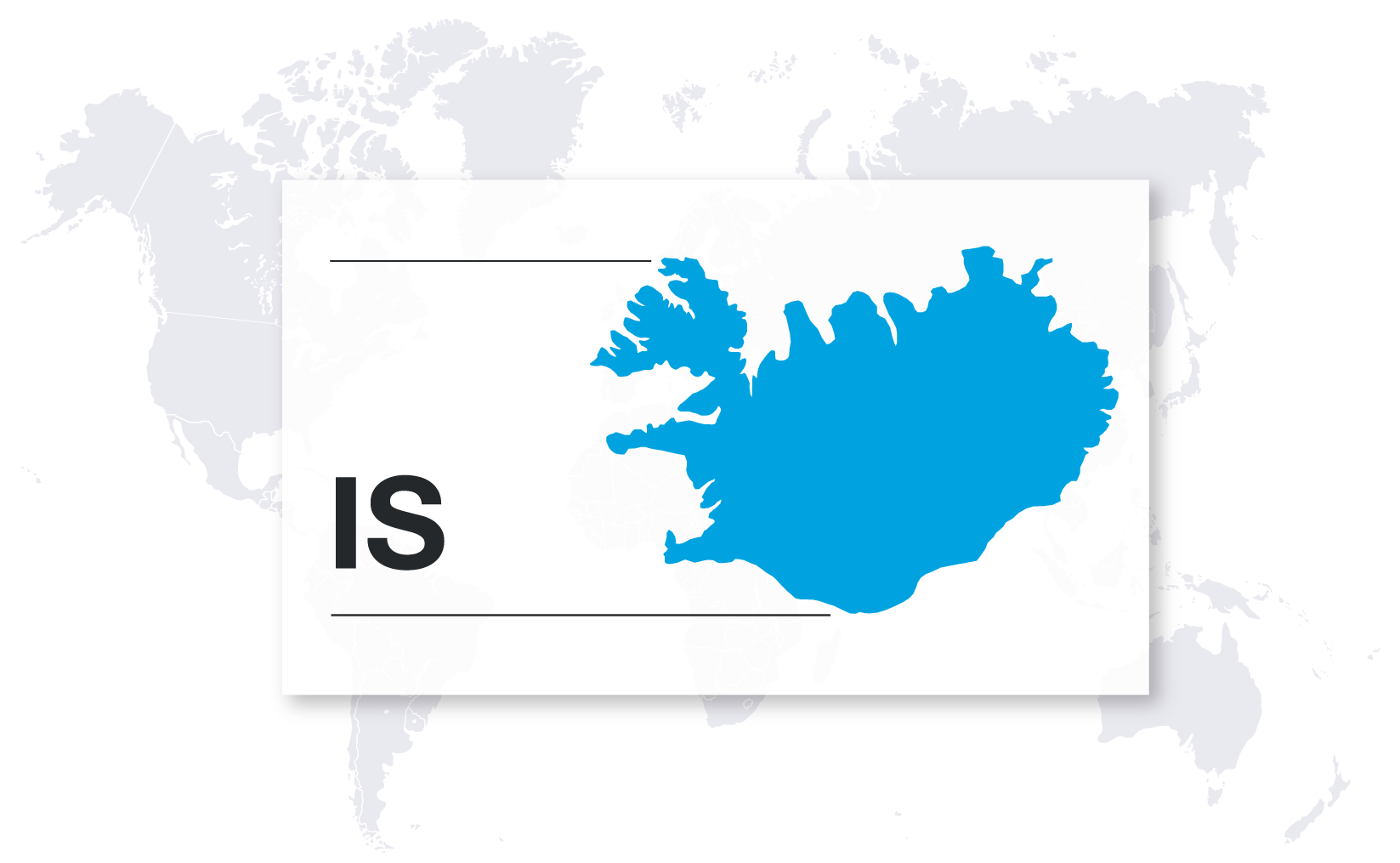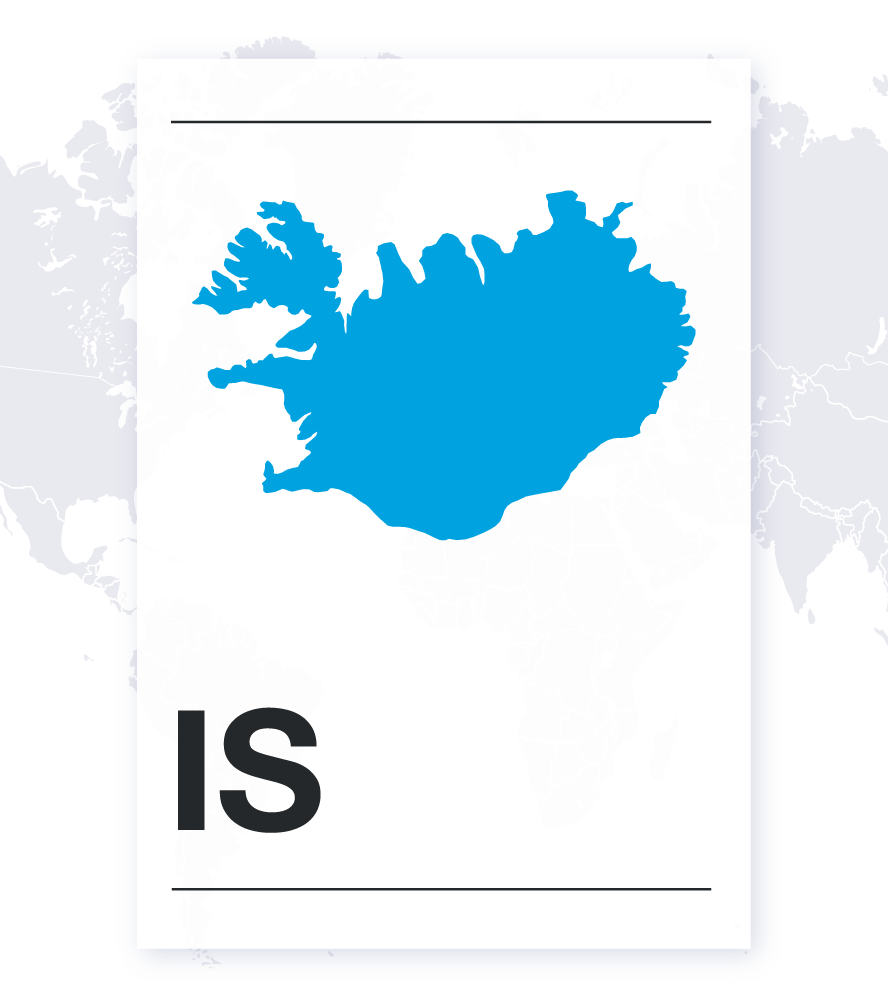Iceland pay transparency reporting law guide


Introduction
Two key acts govern equality in Iceland: the Act on Equal Status and Equal Rights Irrespective of Gender, No. 150/2020 (Equality Act), and the Act on the Administration of Matters Concerning Equality No. 151/2020.
Iceland’s Equality Act requires organizations with an average of 25 or more employees in a calendar year to obtain Equal Pay Certification. Employers with an average of 25-49 employees may instead receive an Equal Pay Confirmation.
Legislation on Equal Pay Certification came into effect on Jan. 1, 2018. Certification must meet the requirements of Iceland’s Standard IST 85 Equal Wage Management System (The Equal Pay Standard), first introduced in 2012.
Iceland was ranked the most gender equal country in the World Economic Forum’s 2024 Global Gender Gap Report for the 15th consecutive year. Its gender pay gap is 9.1%, however, and some industries, including finance and insurance, have significantly higher pay gaps.
Contact us
Iceland Reporting Requirements
Who Needs to Report?
Companies and institutions with an average of 25 or more employees must comply. Employers with an average of 25-49 employees may choose to obtain Equal Pay Certification or receive Equal Pay Confirmation, while employers with 50 or more employees must comply with Equal Pay Certification.
When to Report?
Applicable employers are required to report as follows:
Equal Pay Certification: Employers must classify jobs according to the requirements of each role.
Organizations have the flexibility and discretion to set their own criteria to reflect the work performed by each employee. Factors such as employee experience and skills should be considered for each role. Objective classification and measures must be used to prevent pay discrimination based on gender.
An independent auditor reviews the employer’s equal pay system to ensure compensation decisions are not discriminatory. If the employer is in compliance with Standard IST 85:2012, an Equal Pay Certificate is issued by the auditor who also notifies the Directorate of Equality. If the employer fails to receive a Certification, the Directorate of Equality can request for the company or institution to make appropriate amendments within a reasonable time limit.
Equal Pay Confirmation: To receive Equal Pay Confirmation, employers must demonstrate their equal pay system is non-discriminatory. Documents to be submitted include an equal pay policy, gender equality plan, and a pay equity analysis based on job classifications.
Specific jobs must be evaluated based on responsibilities, workload, competence and working conditions to ensure the same or equally valuable jobs are classified together. Job classifications must be based on predetermined objective criteria. If pay inequities are identified, employers are required to include a plan for improvement.
An Equal Pay Confirmation is granted when the Directorate of Equality confirms that all documentation meets the Act’s requirements.
Where and When to Report?
Regulatory Filing
Equal Pay Certification: The Directorate of Equality maintains a register of companies and institutions that have acquired Equal Pay Certification which is published on its website in an accessible manner. Details include employer name, address, ID, and the period for which certification is valid.
Regulatory filing does not apply to Equal Pay Confirmation.
Equal Pay Confirmation: Employees must be informed of any gender-based pay gaps and ensure the results of the pay analysis are accessible. Confidentiality of personal pay data must be ensured.
Deadlines and Cadence
Cadence of reporting for Equal Pay Certification and Equal Pay Confirmation is every three years from the date of compliance. It is the responsibility of the company or institution to ensure certification is renewed. Initial certification was due by Dec. 31, 2021.
Iceland Pay Transparency Requirements
There are currently no legal requirements for employers to post salary details to applicants or employees in Iceland regarding specific positions.
Employment Equity Standards
Employees must receive equal pay for the same work or work of equal value, without regard to gender. The term “gender” in the Equality Act refers to “women, men, and persons whose gender is registered as neutral in Registers Iceland.”
Gender discrimination is prohibited. If a woman, man, or gender-neutral person receives different pay for the same work, or for work of equal value, employers must demonstrate that the difference in pay is justified on grounds other than gender.
Employers are also required to ensure that women, men, and gender-neutral individuals are given equal opportunities for skills development and vocational training. Job vacancies must be equally accessible to women, men, and gender-neutral people.
Pay is defined as ‘’Ordinary remuneration for work and further payments of all types, direct and
indirect, whether they take the form of perquisites or other forms, paid by the employer to the employee for their work.’’
The Risks of Non-Compliance
Enforcement is overseen by the Directorate of Equality under the Ministry of Welfare and Equality Complaints Committee. The Directorate may impose fines of up to ISK 50,000 ($350) per day on non-compliant organizations until compliance is achieved.
In addition, employers may be required to make amendments to achieve compliance within a reasonable time, or provide relevant documentation to the Directorate for monitoring purposes.
How Can Trusaic Assist with Iceland Equal Pay Certification & Equal Pay Confirmation Reporting Compliance?
1. Comply - Use Trusaic's RAPTR solution to complete required reporting by compliance deadlines:
Applicability Determination: Perform an accurate assessment of your applicability, according to jurisdictional specific definitions and regulatory frameworks so you can understand your reporting obligations across the globe.
Deadline Management: Prepare ahead of time with project timelines, timely notifications, and reminders, to keep you on track to meeting jurisdictional deadlines.
Expert Legal Guidance and Support: Benefit from the expertise of our trusted pay equity attorneys, so you understand your compliance requirements across a diverse global regulatory landscape. Receive world-class customer support, including assistance throughout the compliance process.
Streamlined Data Extraction: Collect the necessary data for analysis and submission with a simple click of a button; powered by certified data integrations with world's largest HCM, HR and Payroll platforms, including Workday, SAP, UKG and ADP. Provide data through Trusaic's Workplace Equity platform, a SOC 2 Type II and GDPR-compliant tool for data transmission.
Data Quality Assurance: Trusaic performs data validations to ensure your collected data and information aligns with the standards and definitions provided by each jurisdiction.
Compliant Report Outputs: Take away the burden of reporting by effortlessly generating outputs containing necessary compliance information.
Reporting Checklist: Follow step-by-step guidance on where, when and how to report to any jurisdiction's regulatory body, as well as your required internal disclosure and public posting obligations.
2. Correct - Use PayParity and OpportunityParity to understand, explain and resolve pay disparities:
Risk Assessments: Stay aware of any potential exposure to any government audit or litigation. Our cross-functional team of data scientists, statisticians, and government regulatory compliance experts have rigorously worked to reverse-engineer the calculations that will be used by jurisdictions to estimate pay disparities, so you can prepare in advance.
Understand your Pay Gaps: Leverage Trusaic's pay equity software solution to explain your pay gaps so you can understand the root causes and safeguard from equal pay claims and legal action.
Resolve Pay Disparities: Make pay adjustments where applicable so you can eliminate pay disparities and show improvements in your reported pay gaps from one year to the next.
Identify Barriers to Professional Growth: Ensure workforce diversity and equity with hiring, promotion, retention, and opportunity analytics using opportunity equity software solution.
3. Communicate - Use Trusaic's Workplace Equity Solution to communicate narratives and share salary ranges with confidence:
Workplace Equity Narrative: Communicate the sources of your pay gaps, progress objectives, and corrective measures to employees and internal stakeholders with Trusaic's Workplace Equity product suite. Show data-backed progress in your pay gaps over time.
Salary Range Explainability: Use Salary Range Finder to establish and post competitive and equitable pay ranges to confidently comply with pay transparency laws.
Mitigate Risk of Recurrent Pay Disparities: Ensure new hires receive fair pay offers with the use of external labor market data and internal pay equity analytics to reduce unplanned and expensive pay remediations.
The EU Directive
Iceland is an EEA member and part of the EU’s single market. Icelandic organizations with operations in EU member states will be required to comply with gender pay gap reporting in those countries per the EU Pay Transparency Directive.
Trusaic is GDPR compliant and can assist any organization in any EU member state in meeting its obligations under both the EU Corporate Sustainability Reporting Directive and the EU Pay Transparency Directive.
